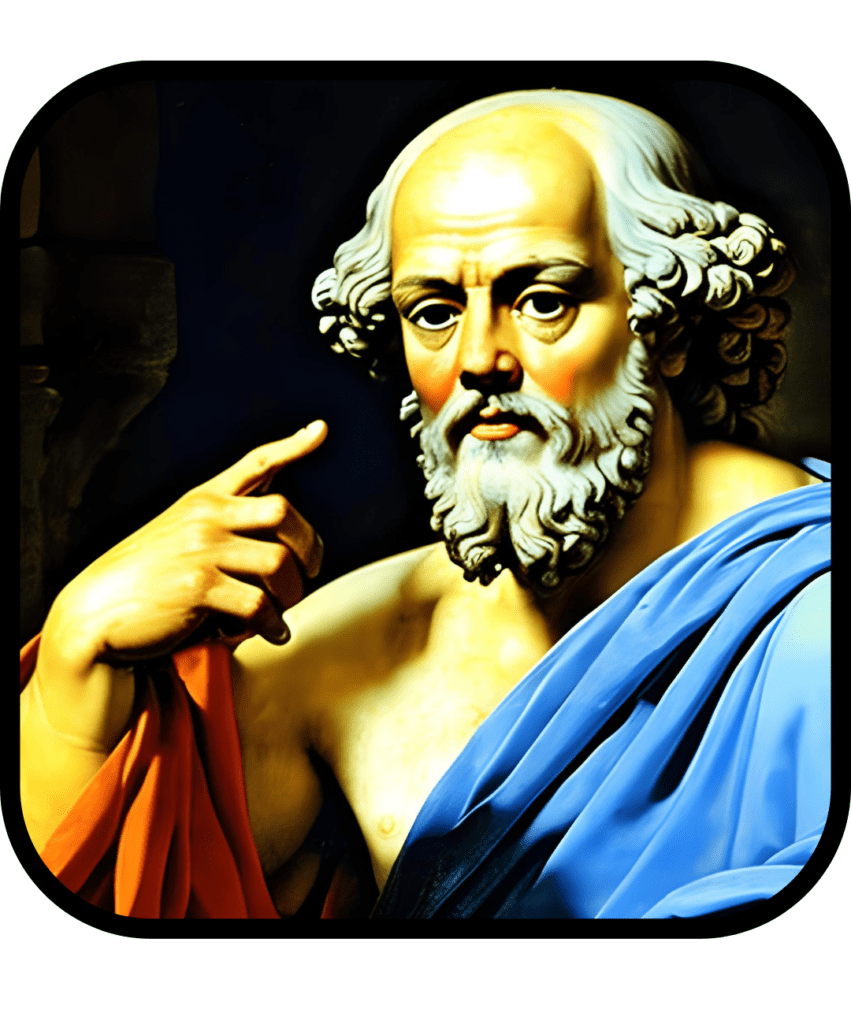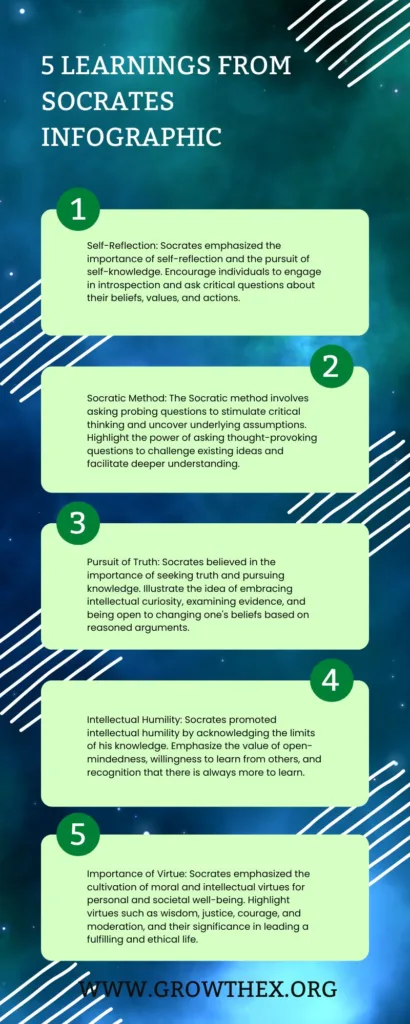
By all means marry: if you get a good wife, you’ll become happy; if you get a bad one, you’ll become a philosopher.
– socrates
It is still necessary to read Socrates’ conversations in order to comprehend his technique, which continues to have the biggest influence on philosophy. The rhetoric is masterful and occasionally even funny.
Euthyphro
The first thing I would like to know is whether the pious or holy is loved by the gods because it is loved by the gods, or if it is loved by the gods because it is loved by the gods.
His famous query basically asks, “Is something excellent because God loves it? Or does God simply find it to be good? If the first option is chosen, goodness is arbitrary and irrelevant because god might choose anything and make it excellent. If the second is true, then God is irrelevant since virtue exists in us whether or not there is a god. Euthyphro is not pleased about this.
Apology
The Pythian prophetess said, “There is no man wiser,” after he “asked the oracle to tell him whether there was anyone wiser than I was.”
In essence, a man asked the Oracle who was the wisest person, and the answer was Socrates. Socrates asserts that he questions people in order to demonstrate that he isn’t the smartest man, but all he has so far learned is that no one has any knowledge of what they are discussing and cannot defend it in response to his questions. This causes Socrates to acknowledge his own wisdom in the knowledge that he is ignorant. Everyone else has deluded themselves into thinking they know something while in reality they know nothing.
Because he is conscious of his own stupidity, Socrates is wise. “I am in a better position than he is because he is ignorant and believes that he is. I don’t know and I don’t believe I know. I discovered that all except the most reputably ignorant folks were lower-class individuals, and that some of these individuals were actually wiser and better.
“Men of Athens, I admire and adore you; but, I will serve God rather than you, and while I have life and vigor, I will never stop engaging in philosophical practice or passing on my philosophical knowledge,”
Because if I may use such a ridiculous figure of speech, I am a sort of gadfly given to the state by the God; and the state is like a huge and noble stallion who is slow in his actions due to his own size, and requires to be stirred into life. If you kill me, you will not readily find another like me.
“My friends, the challenge is not in avoiding death, but in avoiding wickedness, for it approaches death more quickly.”
“The hour of departure has come, and we embark on separate paths—you to live, and I to die. Which is superior, only God knows.
Crito
So why, dear Crito, should we be concerned with the consensus of the masses? Only good men, and they are the only people worth taking into consideration, will view these events honestly as they occurred.
Phaedo
“Yes, Crito, and those people you speak of are correct in doing so because they believe that they will benefit from the delay; however, I am correct in not doing so because I do not believe that doing so would benefit me in any way since I would be sparing and saving a life that has already been lost. I could only laugh at myself for this. Please follow my instructions and don’t reject me.
Overall View And “The Dialogues of Socrates Book Review”
A series of dialogues by Socrates’ student Plato, “The Dialogues of Socrates,” describes the philosophical discussions that took place between Socrates and his fellow Athenians.
Socrates engages his interlocutors in a quest for truth and knowledge by posing pointed questions and conversing with them in a conversational way throughout the book. Plato covers a wide range of philosophical subjects in these dialogues, including justice, ethics, knowledge, and the nature of reality.
One of “The Dialogues of Socrates”‘ advantages is its capacity to draw readers into the same sort of philosophical inquiry that Socrates conducts with his interlocutors. Plato’s writing is readable and understandable, making difficult philosophical ideas and arguments simple to comprehend.
Another strength of the book is its emphasis on the importance of questioning and critical thinking. Socrates is portrayed as a relentless questioner who is never satisfied with easy answers or conventional wisdom. His dialogues with his fellow Athenians challenge readers to question their own assumptions and beliefs.
Despite its age, “The Dialogues of Socrates” remains relevant and thought-provoking today. It is a timeless classic of philosophy that provides readers with a window into the mind of one of the greatest thinkers of all time.
Overall, “The Dialogues of Socrates” is a must-read for anyone interested in philosophy or the pursuit of knowledge and understanding. It is a testament to the power of questioning and critical thinking, and a reminder that the search for truth is a never-ending journey.

If you really like this “The Dialogues of Socrates Book Summary” by Growthex then you can also check out some more amazing posts | summaries which are available on this platform :